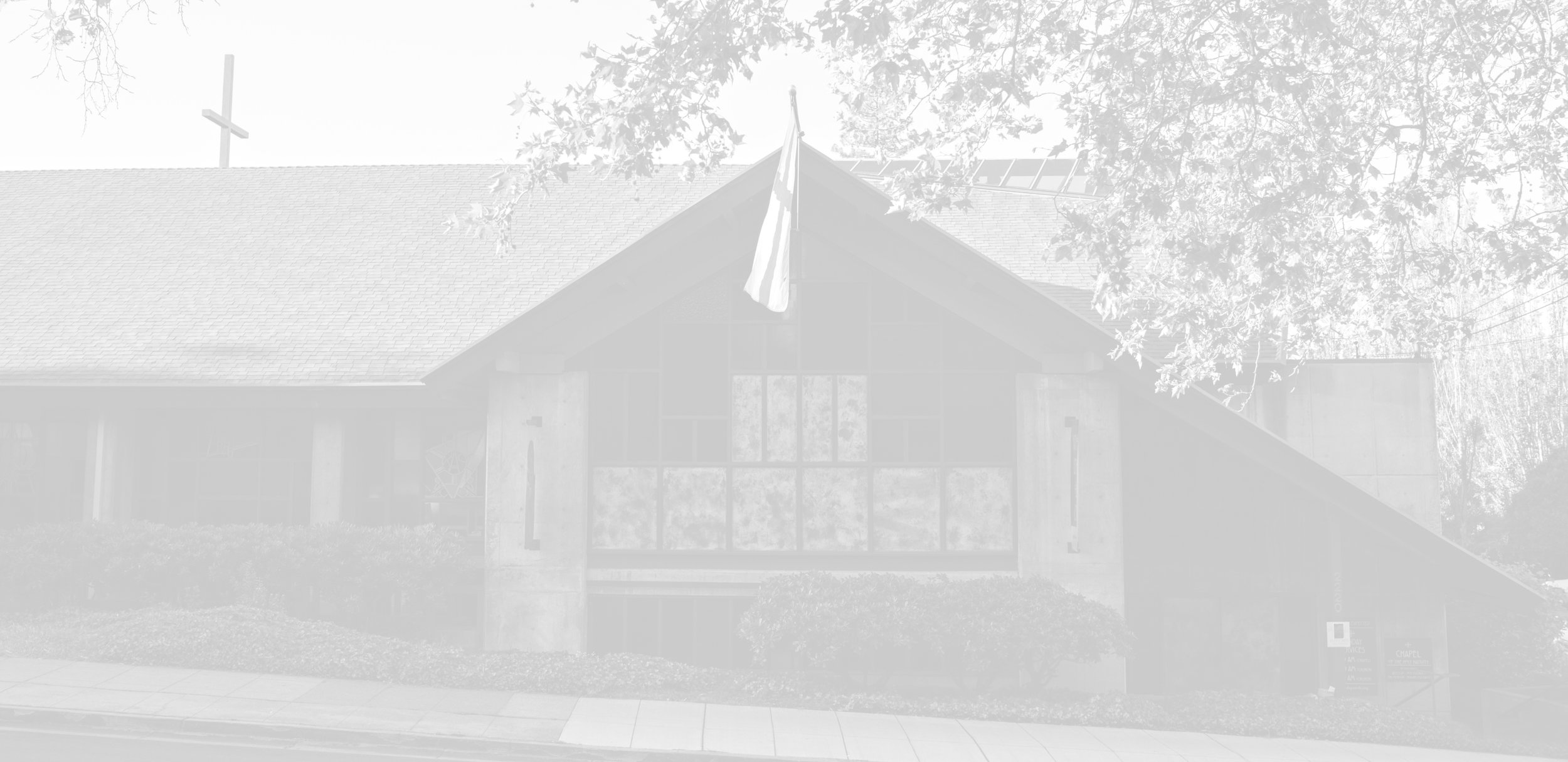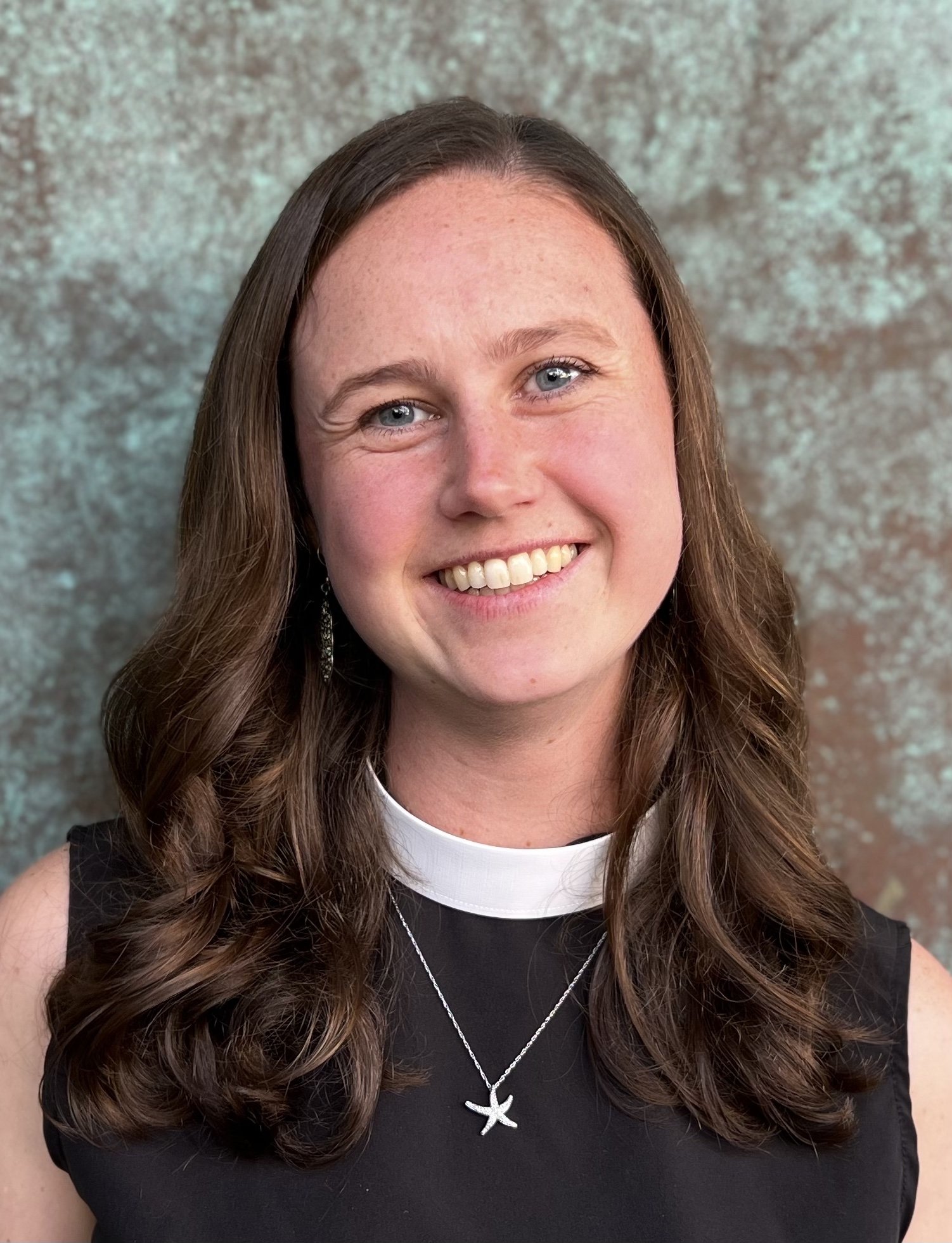
Sermons
All Preachers
- Alison Fischer
- Ari Wolfe
- Brother Emile
- Brother John
- Dan Carlson
- Dr. Scott MacDougall
- Emily Hansen Curran
- Harlowe Zefting
- Jack Bellioli
- José Quiñonez
- Marc Rieke
- Melissa Devereaux
- Michael Drell
- Nathan Brostrom
- Nydia MacGregor
- The Rev. Annie Jones
- The Rev. Clark Berge
- The Rev. Cn. Alissa Newton
- The Rev. Dani Gabriel
- The Rev. Dr. Daniel Prechtel
- The Rev. Dr. Mark Richardson
- The Rev. Dr. Paula Nesbitt
- The Rev. Dr. Ruth Meyers
- The Rev. Emily Boring
- The Rev. Helen Laverty McPeek
- The Rev. Joseph Delgado
- The Rev. Kristin White
- The Rev. Laura Eberly
- The Rev. Liz Tichenor
- The Rev. Maggie Foote
- The Rev. Marguerite Judson
- The Rev. Martin Elfert
- The Rev. Nikky Wood
- The Rev. Paula Nesbitt
- The Rev. Phil Brochard
- The Rev. Will Bryant
- The Rt. Rev. Eugene Sutton
- The Rt. Rev. Marc Hadley Andrus
- The Rt. Rev. Nedi Rivera
- The Very Rev. Dr. Peggy Patterson
- Tom Varghese
- Tripp Hudgins
- the Rev. Michael Lemaire
All Months
- January 2018
- February 2018
- March 2018
- April 2018
- May 2018
- June 2018
- July 2018
- August 2018
- September 2018
- October 2018
- November 2018
- December 2018
- January 2019
- February 2019
- March 2019
- April 2019
- May 2019
- June 2019
- July 2019
- August 2019
- September 2019
- October 2019
- November 2019
- December 2019
- January 2020
- February 2020
- March 2020
- April 2020
- May 2020
- June 2020
- July 2020
- August 2020
- September 2020
- October 2020
- November 2020
- December 2020
- January 2021
- February 2021
- March 2021
- April 2021
- May 2021
- June 2021
- July 2021
- August 2021
- September 2021
- October 2021
- November 2021
- December 2021
- January 2022
- February 2022
- March 2022
- April 2022
- May 2022
- June 2022
- July 2022
- August 2022
- September 2022
- October 2022
- November 2022
- December 2022
- January 2023
- February 2023
- March 2023
- April 2023
- May 2023
- June 2023
- July 2023
- August 2023
- September 2023
- October 2023
- November 2023
- December 2023
- January 2024
- February 2024
- March 2024
- April 2024
- May 2024
- June 2024
- July 2024
- August 2024
- September 2024
- October 2024
- November 2024
- December 2024
- January 2025
- February 2025
- March 2025
- April 2025
The Fifth Sunday in Lent
The Rev. Phil Brochard
The sermon contrasts two moments of radical love: Mary anointing Jesus's feet with perfume before his death, and EPA retirees showing up with coffee and comfort for current employees during a time of deep despair. Both acts—though they don’t change the larger crisis—carry immense emotional and spiritual weight. The message emphasizes how extravagant, seemingly small acts of love can leave lasting, healing impact, even in times of fear and uncertainty.
The Fourth Sunday in Lent
The Rev. Marguerite Judson
The sermon re-examines the Parable of the Prodigal Son, suggesting it should instead be called the Parable of the Prodigal Father's Love. Using insights from Rev. Dona Naveen Saws, the preacher shows how, in a shame-honor culture, the father's actions break social norms to offer forgiveness and restoration. The story, paired with the parables of the lost sheep and lost coin, reveals God's joy when anyone returns to love, regardless of past failures. The elder brother represents those who, like many today, try to earn love instead of accepting it freely. The sermon invites listeners to accept and extend this unconditional love to build healing and community
the Third Sunday in Lent
The Rev. Phil Brochard
In her farewell sermon last week, Emily Hansen Curran shared a personal transformation from culture-war Christianity to a love-centered faith, which deeply moved her father, Randy. He responded by publicly confessing his own past rigidity and thanking the church for helping him rediscover love and grace. Their story of reconciliation paralleled Jesus’ parable of the barren fig tree, reminding the congregation of the importance of nurturing relationships, not cutting them off. The sermon calls for patient love over certainty and judgment, affirming that fruit can still be born in the most unlikely soil.
the Second Sunday in Lent
Emily Hansen Curran
The speaker confesses their past as a devoted Republican, raised to believe in a Christian culture war. Over time, they realized that political victories do not equate to living out Christianity. Instead of seeking power, they argue, believers should follow Jesus' example of love and service. Drawing from scripture, they emphasize that Christian citizenship is in heaven, not in earthly political struggles. They challenge the audience to replace a mindset of "winning" with one of love, justice, and humility, cautioning against the dangers of prioritizing dominance over discipleship.
the First Sunday in Lent
the Rev. Phil Brochard
The speaker recalls a fear they had 25 years ago about losing themselves in New York City while attending seminary. Looking back, they realize that their time there—especially during 9/11—tested and shaped them. This connects to Deuteronomy, where the Israelites preserve their identity through remembrance and action. Likewise, during Lent, Jesus is tested in the wilderness, refusing to use power for personal gain but staying connected to God and humanity. We, too, face tests in daily life, sometimes failing. Lent reminds us to turn back, reclaim who we are, and take action—feeding neighbors, sharing power, and standing with others in times of crisis.
the Last Sunday after Epiphany
the Rev. Emily Boring
Karl Barth, a Swiss theologian, preached in Basel Prison between 1954 and 1964, finding deep meaning in bringing the gospel to the outcasts of society. He focused on the idea that looking to Christ brings radiance and removes shame, emphasizing joy and divine light rather than suffering. The sermon then explores the Transfiguration, where Jesus’ face and clothing shine gloriously before Peter, James, and John. This event, echoing Moses’ radiant face after encountering God, reveals that divine presence is not confined to sacred spaces but is always with us. Peter’s desire to build dwellings reflects humanity’s longing to preserve divine encounters, but Christ’s presence ensures God dwells among us always. In Christ, we shine—not by our own efforts, but by reflecting his divine radiance.
the First Sunday after the Epiphany: The Baptism of Our Lord Jesus Christ
the Rev. Phil Brochard

Sermon Archives ––––
Until we get migrate over our archives, you can head over to our old site to listen to past sermons.













